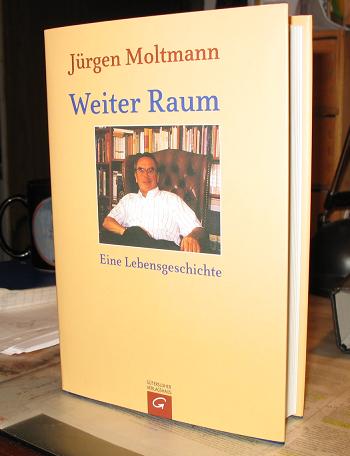2 Cor 13:4 - a fascinating exegetical problem
 I’ve been puzzling over 2 Cor 13:4 today. It raises a number of translation difficulties, and an even more interesting exegetical conundrum on which Perriman’s provocative thesis in The Coming of the Son of Man could throw light.
I’ve been puzzling over 2 Cor 13:4 today. It raises a number of translation difficulties, and an even more interesting exegetical conundrum on which Perriman’s provocative thesis in The Coming of the Son of Man could throw light.Kai. ga.r evstaurw,qh evx avsqenei,aj( avlla. zh/ evk duna,mewj qeou/Å kai. ga.r h`mei/j avsqenou/men evn auvtw/( avlla. zh,somen su.n auvtw/ evk duna,mewj qeou/ eivj u`ma/jÅ (NB. The Greek font used on this page is Bwgrkl - cf. the big red circle on the sidebar to download it)
13:4a For indeed he was crucified because of weakness, but he lives because of the power of God.(My translation. I.e. the Most Holy and Royal Reverent Inspired ‘King James Who?’ Version)
13:4b For indeed we are weak in him, but in dealing with you we will live with him because of the power of God
Regarding my translation:
- I follow Aejmelaeus’ logic (as detailed in the formidable and unique argument presented in Schwachheit als Waffe. Göttingen: Vandenhoeck & Ruprecht, 2000, p. 360-63 – a work surprisingly missed by Harris in his recent NIGTC commentary) that the kai. ga.r ... kai. ga.r is best interpreted in the same way both times (contra Harris etc.)
- The repeated evk (evx) is also best not treated too flexibly, giving it one translation one moment, and another the next. Following Harris, BDAG and Thrall (sort of) I translate each as ‘because of’.
[H]ere we have an exegetical problem. The whole context requires the assertion that, despite the weakness to which he has just referred, Paul will show himself powerful in his forthcoming dealings with the Corinthian congregation. But the expression zh,somen su.n auvtw/ does not convey this claim with any clarity. More than that, it may seem positively to point in a quite different direction …Why ‘in a quite different direction’? This is deducible from the future tense of za,w and the use of ‘with him’ with this verb, plus the parallel with zh/ evk duna,mewj qeou in 13:4b (and the resurrection of Christ). Thrall continues:
Are we, then, compelled to conclude that there must be here a reference (at least additionally) to the eternal, future, life of the resurrection? ... It is doubtful whether the Corinthians were concerned ... about Paul’s individual eschatological prospects. Furthermore, the concluding eivj u`ma/j does suggest, as Lambrecht points out, that what he is talking of is his imminent demonstration of apostolic power in Corinth
At one level, argues Perriman, the resurrection of believers, for Paul, is part of the metaphorical language that indicates the beginning of the messianic interregnum on earth, the time after the suffering people of God have been vindicated - with their Messiah - over the power of Rome. Resurrection need not, then, be something that will happen at the end of time as such. It is part of the ‘firstfruits’ metaphorical language in 1 Cor 15 and is only ‘personal resurrection’ in that it is tied to the conviction that God will vindicate and redeem his suffering church from the fires of Roman oppression.
Back to our text. Perriman’s argument could be used to give a reading of 13:4 that respects both of the immediate-when-I-come-to-Corinth and the eschatological overtones. This is not merely that Paul has something of Christ’s resurrection power in dealing with the Corinthians (as e.g. Barrett, followed tentatively by Thrall), but that his dealings with Corinth, the purging of their sin (13:2), and thus the better assurance that they will survive the coming catastrophe (cf. 1 Cor 7), is their ‘resurrection’ (and his) in a sense.
This is just ‘thinking aloud’ and I’m not convinced this is correct - far from it -, but it is an interesting (and dangerous?) line of thinking none the less.
(Art via http://www.shunya.net/Text/Herodotus/TheWar.htm)












